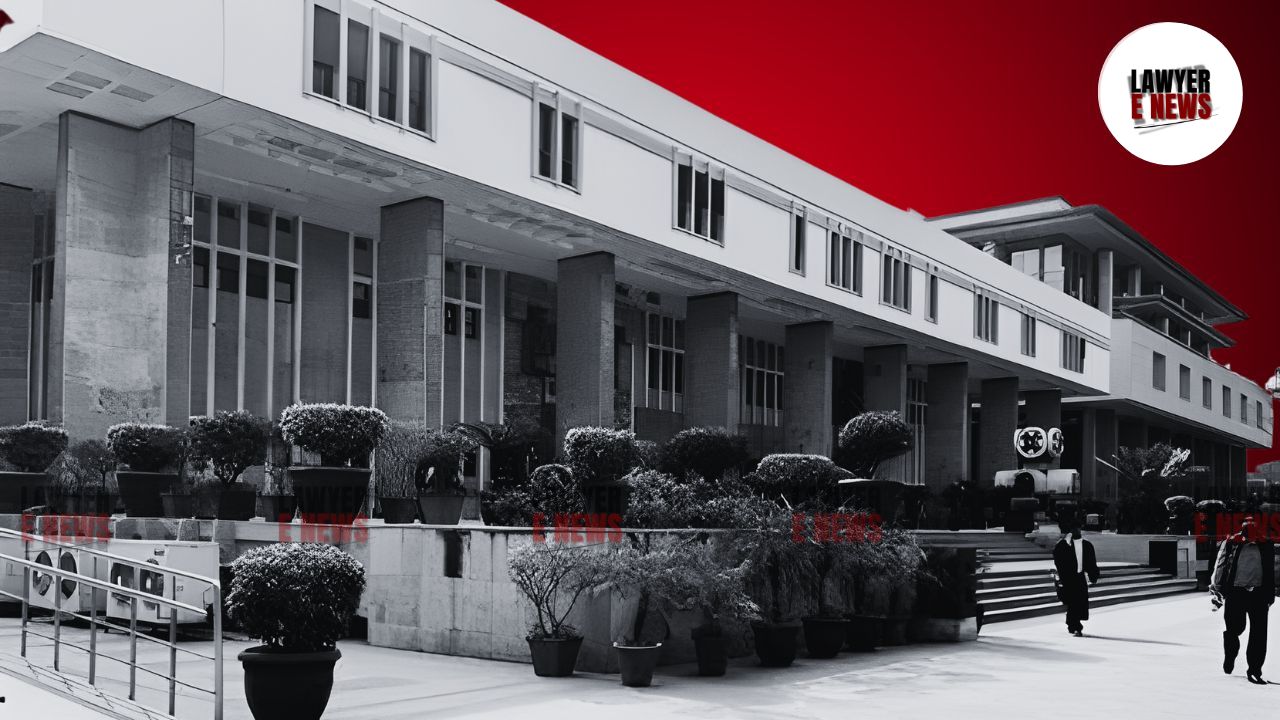-
by Admin
15 February 2026 5:35 AM



In a significant ruling, the Delhi High Court has directed the Union of India to pay 10% interest per annum on a delayed ex gratia payment awarded to a victim of the 1984 Anti-Sikh riots. The court, presided over by Acting Chief Justice and Justice Tushar Rao Gedela, emphasized the government's failure to adhere to the timelines prescribed under the 2006 Rehabilitation Policy, recognizing the victim’s prolonged struggle for justice and compensation.
Facts of the Case: Gurnam Singh, the appellant, a victim of the 1984 Anti-Sikh riots, sought compensation for the looting and destruction of his family home in Shahdara, Delhi. Despite filing an FIR soon after the riots and applying for compensation in December 1987, Singh did not receive any payment until April 2016, after filing multiple writ petitions. The compensation, set at Rs. 1,00,000, was awarded more than three decades after the incident, with Singh subsequently seeking interest on the delayed payment.
The court observed that the appellant’s struggle for compensation spanned over three decades, during which time he was forced to file multiple petitions due to administrative delays. The court noted that despite clear evidence of the appellant’s victim status and the government's policy to compensate riot victims, Singh had to wait until 2016 for the disbursement. The bench emphasized that the delay was attributable to the respondents, particularly from January 16, 2006, when the enhanced compensation policy was issued.
While the government contended that ex gratia payments do not typically include an interest component, the court held that constitutional courts have the authority to grant reasonable interest in cases of significant and unjustified delays. The court relied on a precedent from a similar case, Union of India & Ors vs. Premwati, where interest on delayed ex gratia compensation was upheld despite the absence of a specific stipulation in the policy.
The court scrutinized the Rehabilitation Policy issued by the Union of India on January 16, 2006, which mandated a time-bound process for verifying, assessing, and disbursing compensation to riot victims. The policy's intent was to provide timely relief to the victims, a purpose defeated by the extensive delay in Singh's case. The court concluded that despite the absence of a specific provision for interest in the policy, the government's failure to adhere to the stipulated timelines justified the award of interest.
Justice Tushar Rao Gedela remarked, "Beneficial policies, particularly those aimed at rehabilitating victims of communal violence, cannot be rendered meaningless through administrative delays. In this case, the prolonged delay in disbursing ex gratia compensation warrants the award of interest."
The Delhi High Court's ruling underscores the judiciary's role in ensuring timely justice and the enforcement of government policies intended to aid victims. By awarding interest on the delayed ex gratia payment, the judgment sets a precedent that emphasizes the need for adherence to time-bound processes in compensatory schemes. The Union of India has been directed to pay the accrued interest within six weeks, alongside a cost of Rs. 25,000 to the appellant.
Date of Decision: August 21, 2024.
Gurnam Singh vs. Union of India & Ors
